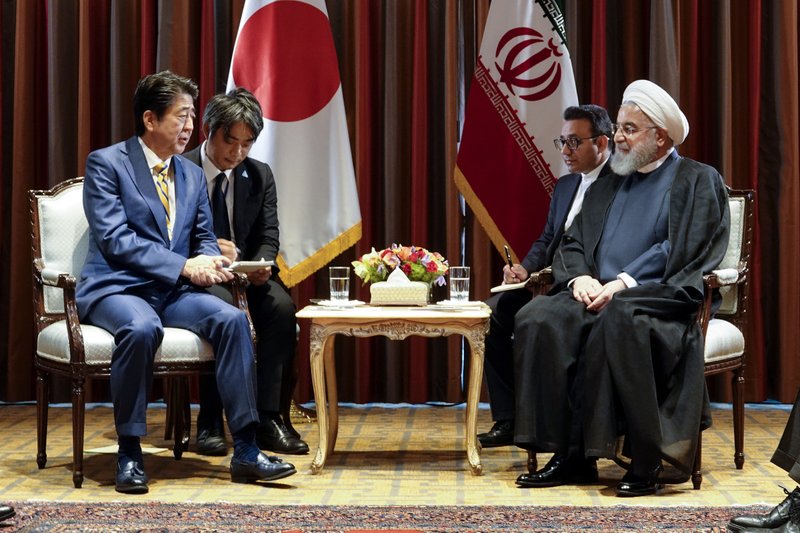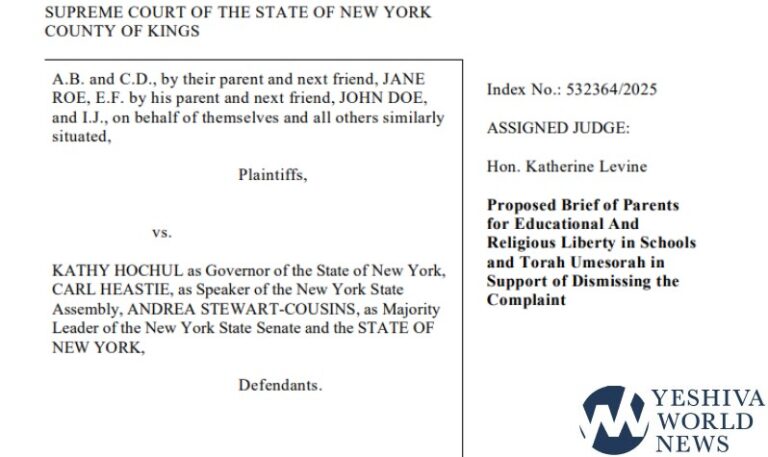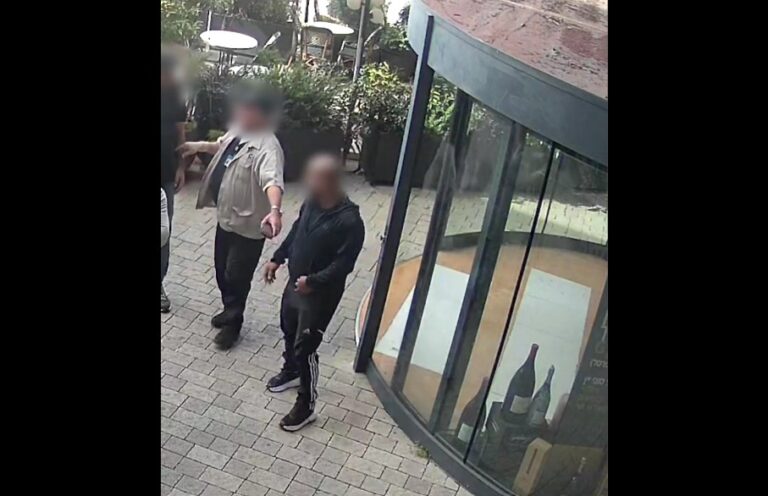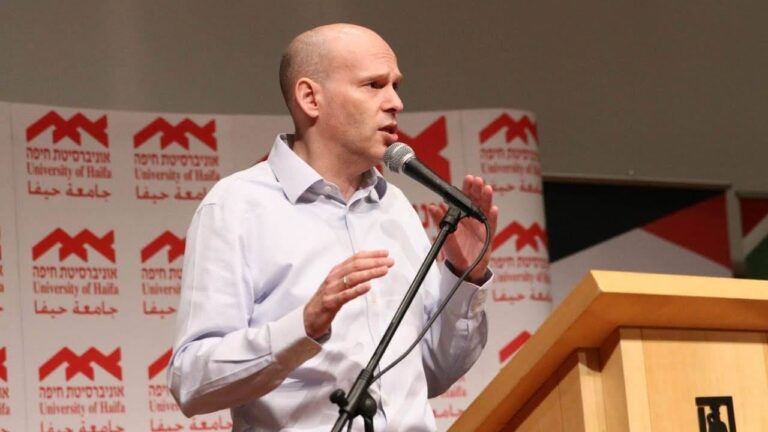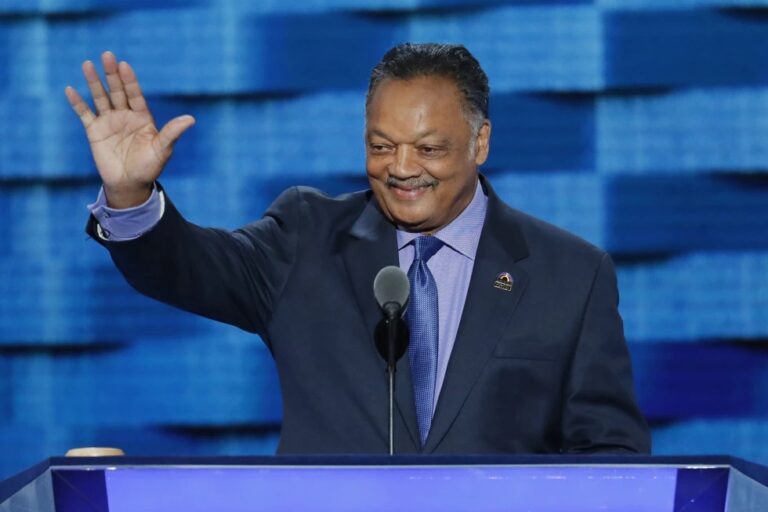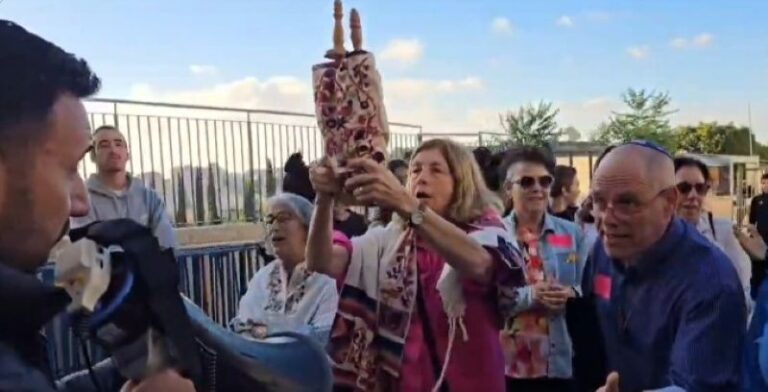Iran’s president said Tuesday he’d consider meeting “at any level” to explore what the Trump administration seeks in a nuclear deal – but not until sanctions against his country are lifted.
On the sidelines of the U.N. General Assembly, Hassan Rouhani reiterated that he would not even consider meeting with President Donald Trump while the crippling sanctions, imposed since 2018 in the wake of Trump’s pullout from a nuclear deal, were in place.
Rouhani spoke to a small group of U.S. media leaders shortly before Trump took center stage at the U.N. General Assembly, whose members heard the American president blast what he called Iran’s “bloodlust” and rising aggression.
Rouhani said he had talked with French President Emmanuel Macron by phone — and in person Monday in New York on the sidelines of the UN meeting — as Macron seeks to broker a Trump-Rouhani meeting.
Rouhani downplayed any imminent diplomatic breakthrough, though, with his comments that Iran would not negotiate as long as the sanctions are in force.
But, he added: “No one knows what America will do tomorrow.”
Trump, in his speech, urged world leaders to join the United States in further isolating Iran, including using economic sanctions to pressure the Tehran government to give up its nuclear program and to stop a series of attacks across the Middle East that the administration blames on Iran.
Sanctions have targeted Iranian oil exports, crippled the economy and personally targeted the country’s supreme leader, Ali Khamenei.
Yet Trump also raised the possibility of a diplomatic breakthrough with Iran, saying “the United States has never believed in permanent enemies.”
“We want partners,” Trump said, “not adversaries.”
Rouhani said Iran had seen “no tangible evidence” of any changes in the U.S. stance toward his country since the departure of national security adviser John Bolton, widely viewed as a hardliner against Iran and strong advocate for sanctions.
But Rouhani said he had some optimism that Bolton’s departure could change U.S. behavior.
In his speech Tuesday, Trump did not explicitly blame Tehran for the recent strikes on oil facilities in Saudi Arabia. The attacks have rattled the Middle East and global oil markets.
Britain, France and Germany joined the United States on Monday in blaming Iran for the attacks.
As his government has repeatedly done, Rouhani asserted that Yemeni rebels, not Iran, were behind the attacks. He also made clear that his country would consider taking additional steps away from the multilateral nuclear deal reached during the Obama administration, from which Trump withdrew, unless the diplomatic situation improved.
Asked outright if he would negotiate an entirely new nuclear deal with the Trump administration, Rouhani said his government would first need a clearer idea of what the U.S. administration actually seeks, and would not explore anything until sanctions were lifted.
He accused Trump of rejecting the nuclear deal, brokered by the administration of former President Barack Obama, simply because it doesn’t carry “his brand.”
And he made clear his scorn for Bolton, saying several world leaders had come up to him privately at the UN meetings to express relief at Bolton’s departure.
Bolton mistakenly promised Trump that tough sanctions would destabilize the Iranian regime, Rouhani claimed. At the UN meetings this year, Rouhani said he plans to remind many leaders that the Islamic Republic is still here.
(AP)

